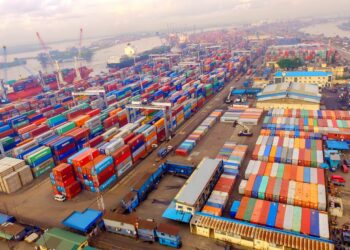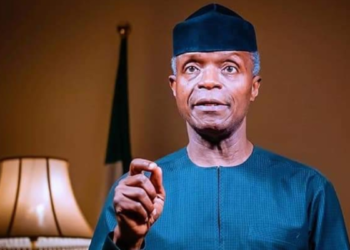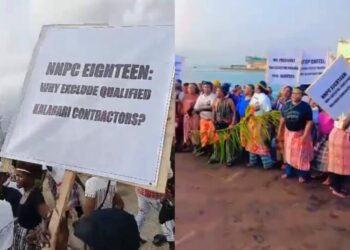The Manufacturers Association of Nigeria (MAN), said the overall decline in both aggregate and sectoral performances could have far-reaching adverse effects on the manufacturers, going by the gross domestic product(GDP) report for the third quarter of 2022.
The association said, despite the higher oil prices as well as improvement in terms of trade, the expansion of the growth of the Nigerian economy remains sluggishly above the population growth rate.
The director-general of MAN, Segun Ajayi-Kadir said, the negative growth of the sector’s GDP sends a strong signal to potential investors in the sector, saying, the impending result is negative investors’ sentiments and pessimism against provision of critical raw materials, technology and technical know-how required to promote the industry.
Recent report by the National Bureau of Statistics (NBS) revealed that year-on-year real GDP growth of the Nigerian economy stood at 2.25 percent in the third quarter of 2022.
At a real GDP value of N18.96 trillion, the latest performance signifies a shortfall of 1.78 percent point from 4.03 percent real GDP growth recorded in the third quarter of the previous year. It also indicates 1.29 percent point decline from the value of economic activities recorded in the second quarter of 2022.
Ajayi-Kadir stated that Nigeria’s path to economic growth, industrialisation and sustainable development have been compromised by inadequate attention to the numerous pressing challenges of the manufacturers who are meant to be the propellers of its long-term economic agenda.
According to him, “Achieving a stable rapidly-growing economy would require taking head-on the daily bottlenecks confronted by business owners within the manufacturing sector, considering its active inter-linkages with other key sectoral drivers of the economy.
“Amidst the numerous challenges, forex scarcity, multiple taxation, exorbitant interest rate, high-cost business operating environment, smuggling, insecurity, energy crisis and epileptic power supply are leading the pack.”
To restore the sector to an enviable position in the global business environment and in turn propel an inclusive growth of Nigerian economy, MAN hoped that the government will facilitate the formal service sector to widen tax net and avoid multiple imposition of tax on the manufacturing companies.
It emphasised on that tackling insecurity and smuggling; continue to involve all stakeholders to play a vital role in supporting security along the oil infrastructure; and deploy means to reduce unemployment and boost productivity of the manufacturing by encouraging local sourcing of raw materials, improving infrastructural developments, resolving all credit and forex-related challenges as well as ensuring implementation of the Executive Order 003 and imposing cost-reflective electricity tariff and energy prices.
The association advocated synergistically align monetary and fiscal policies while also curbing fiscal deficits by the gradual removal of fuel subsidy backed with appropriate palliatives for the poor; tackle flood disaster adopting erosion control mechanisms, early warning and emergency services as well as flood risk assessment and ecological funds; and further reducing the reliance of the country on imported products and raw materials by encouraging local sourcing through a comprehensive and integrated incentivised system since Nigeria is largely bearing the brunt of imported inflation.





